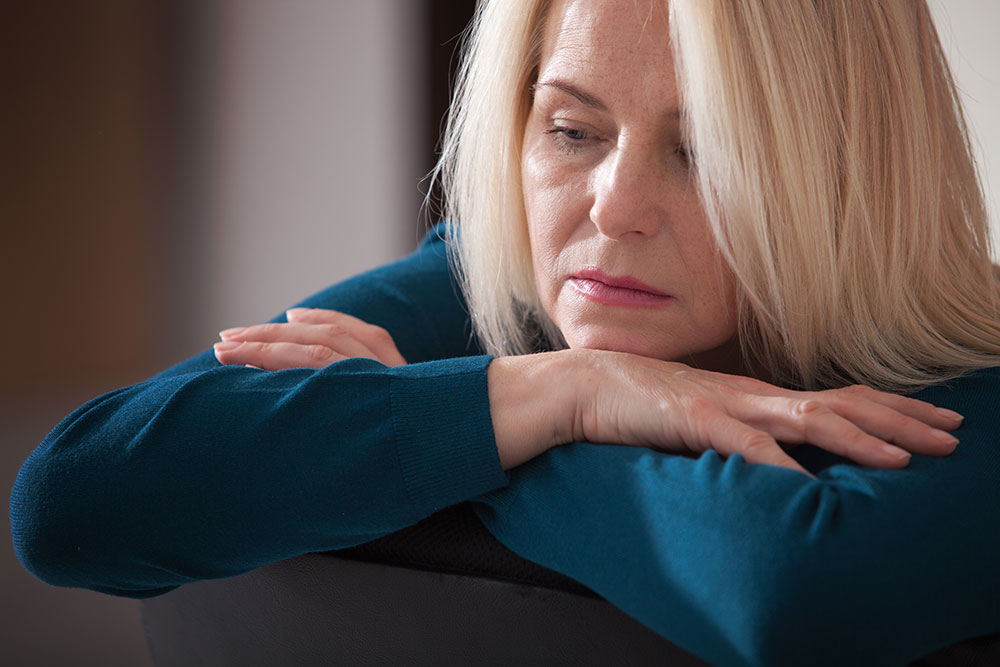
Why experience may be your secret weapon when starting a new business
For many around the UK, the ordinary living wage simply is not enough any more. With rises...read more
A new report highlights high levels of poor mental health among the self employed as a result of issues related to the Covid-19 pandemic.

The number of self-employed people saying they have “poor” or “very poor” mental health has more than quadrupled since the beginning of the pandemic, according to new research.
A study by IPSE, the Association of Independent Professionals and the Self-Employed, says the numbers of self employed people saying they are in poor mental health has increased from 6 per cent to 26 per cent. Meanwhile, the number saying they had “good” or “excellent” mental health has dropped significantly since the beginning of the pandemic – from two-thirds (68%) to just over a third (39%). This was most severe among women (a drop of 54%) and young freelancers aged 16-34 (a drop of 49%).
A third of freelancers (32%) now say they are highly stressed, with serious negative consequences. Half (48%) said they felt depressed or anxious because of stress – and the same proportion said they felt they were also less productive. 47 per cent of stressed freelancers said they were losing sleep because of worry and 46 per cent said they felt a reduction in their confidence and energy. Just over a fifth (22%) said they had lost clients because of job-related stress.
To counter this, two-thirds of freelancers (67%) said they made time to exercise, while half also said they make sure they get enough sleep and make time for hobbies and entertainment to support their mental health. 49 per cent also said they try to maintain a healthy diet to boost their mental health.
Just 17 per cent said they had accessed support for their mental health, including: information and advice online (12%), counselling/therapy sessions (7%) or mental health helplines (1%) during the pandemic.
The report makes a series of recommendations, including on flexible and fair support for the self-employed, including those who have missed out on Government support so far, mental health support tailored to freelancers, access to training and skills upgrading, more investment and support for co-working spaces, including the extension of the business rate relief from small businesses to workhubs, and encouragement for clients to consider their freelancers’ mental health and adhere to best practice guidelines.
Chloé Jepps, Head of Research at IPSE, said: “One of the most practical things government can do is help stave off the financial worries of freelancers and the self-employed, since this sector has been hit harder than most by lockdown and the pandemic. The government should make sure there is no cliff-edge to its support schemes and that any further support is open to all the self-employed, not just a proportion.
“We also believe it is vital government and industry begin promoting mental health advice and guidance that is tailored to freelancers. This essential and large part of the workforce has not had the mental health support it needs and in the current financial turmoil, that need is more urgent than ever.”
The Government this week announced new funding for businesses forced to close due to local lockdowns. Larger businesses will be able to claim 1,500 pounds over any three-week lockdown period and 1,000 pounds if they pay less in business rates due to their size. IPSE welcomed the announcement, but warned the support will do little for many self-employed. It has urged the government to match this support – which is based on the value of companies’ business premises – with targeted support for self-employed affected by local lockdowns. It says one and a half million self-employed, including many freelancers and those with limited companies, have missed out on the Self-Employment Income Support Scheme.